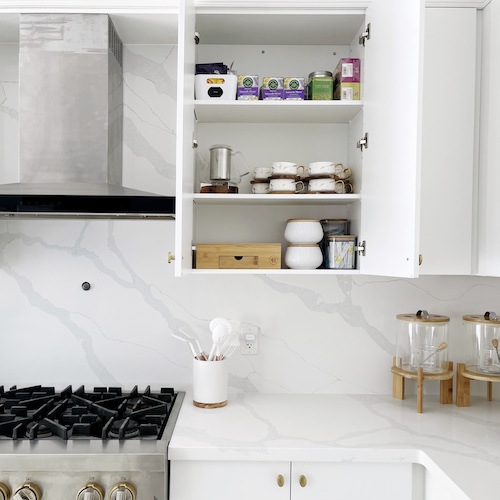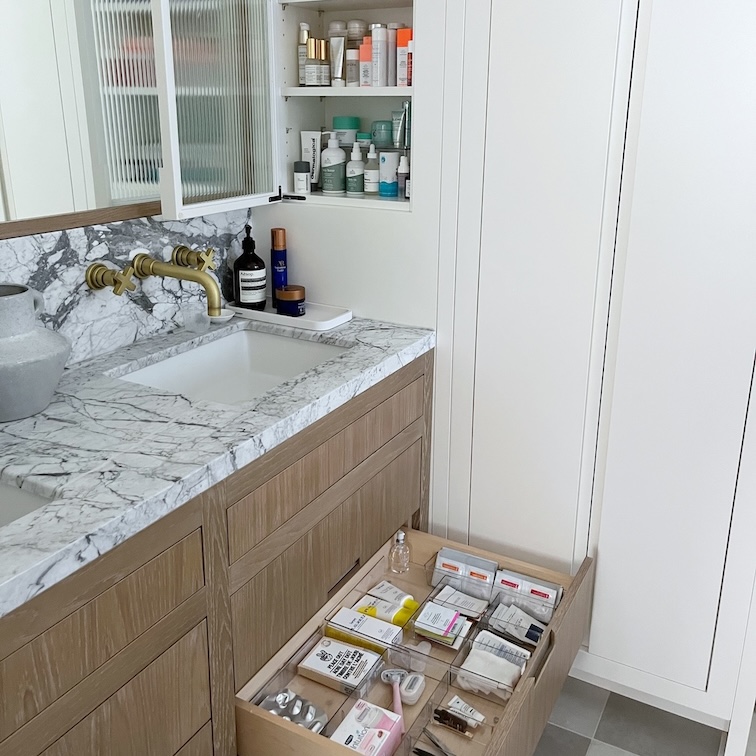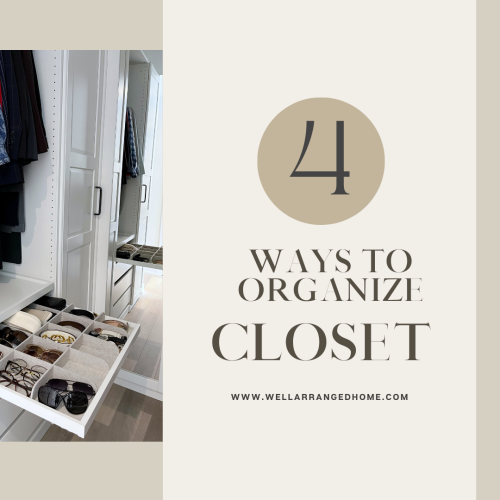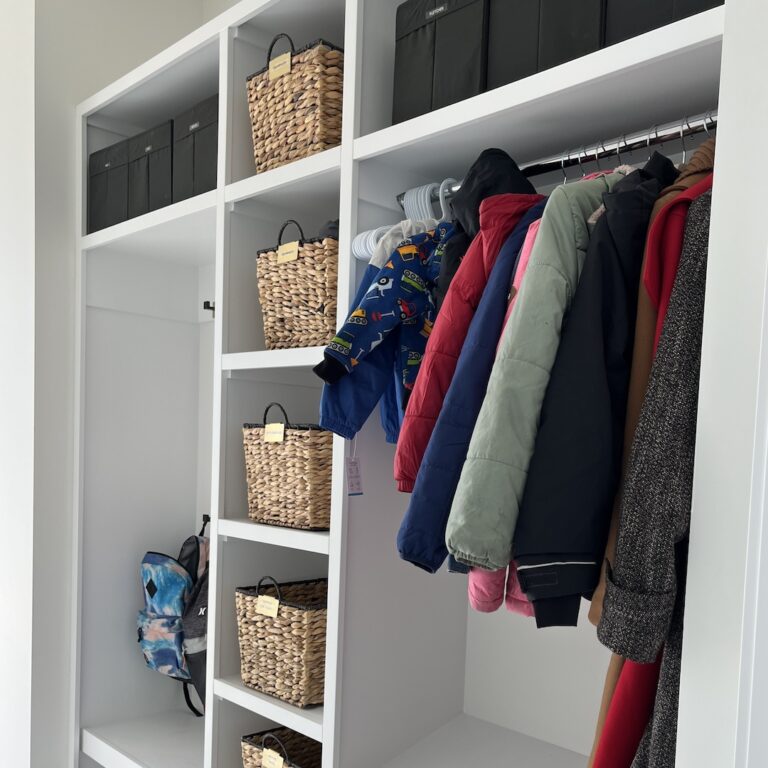Do you ever feel like you’re constantly battling clutter, wasting time dealing with stuff you don’t even need? As a professional organizer, I’ve seen firsthand how compulsive shopping can consume your time and energy, leaving you feeling overwhelmed and stressed. In this article, you’ll learn how to stop mindless shopping, declutter your home, and reclaim your time for a more peaceful, unbusy life.
How Shopping Steals Your Time
Compulsive shopping isn’t just a financial burden; it’s a major time drain. Every time you buy something new, you invest time in the purchasing process, from browsing and comparing products to completing the transaction. Once the items arrive, you spend even more time unpacking, organizing, and finding space for them. If you don’t use or return these items, they become clutter, further consuming your time as you try to manage the chaos.
Living in a cluttered space means you’re constantly searching for things, cleaning up messes, and feeling overwhelmed by the sheer volume of stuff. This clutter can make it hard to focus on what truly matters, whether it’s spending quality time with family, pursuing hobbies, or simply relaxing. The more you buy, the more you have to manage, leading to a cycle that robs you of your precious time and peace of mind.
Real-Life Examples

No-Shopping Challenge
One of my clients decided to break free from this cycle by committing to a no-shopping challenge for a year, excluding food and essential hygiene products. By the time I met her, she was in her second year of this challenge, and her life was remarkably organized. We managed to organize her entire 2500 sq ft home, with four people living there, in just 6 sessions – a task that would typically require 12 sessions. Her disciplined approach to minimalism made the process incredibly efficient, proving that cutting down on shopping can significantly impact home organization.
Her home was a testament to the power of minimalism. Each room had only the essentials, making it easy to maintain cleanliness and order. Her kitchen counters were free of unnecessary gadgets, and her wardrobe contained only clothes she loved and wore regularly. This client’s journey to minimalism didn’t just declutter her home; it transformed her lifestyle, allowing her to focus on what truly mattered – spending time with family, pursuing hobbies, and enjoying a stress-free environment.
Weekly Shopping Habit Gone
On the other end of the spectrum, another client found immense joy in shopping. Every week, I visited her home to help put away her latest purchases. Over time, through long conversations and practical tips, I helped her reduce her shopping addiction. This transformation didn’t happen overnight, but with consistent effort, we brought her home back to a more manageable state.
Initially, her home was filled with countless items, many of which were still in their original packaging. We worked on finding alternative sources of joy and satisfaction that didn’t involve shopping and created a few rules she could follow to manage her shopping addiction, which I would like to share with you here.
- Unsubscribe from Promotional Emails and Newsletters
Promotional emails and newsletters are designed to tempt you. By unsubscribing, you reduce the impulse to make unnecessary purchases. Consider using apps like Unroll.Me to streamline the process of unsubscribing from multiple mailing lists at once. - Avoid Browsing Shopping Websites Without a Purpose
Limit your exposure to online stores. Only visit them when you have a specific item you need to buy. This helps prevent impulse buying. - Enforce a Waiting Period Before Making a Purchase
Implement a 24-hour waiting rule before purchasing any non-essential items. This cooling-off period gives you time to decide if you really need or want the item, reducing the likelihood of impulsive buys. - Identify Emotional Triggers
Many people shop to cope with emotions like stress, boredom, or sadness. Activities like exercising, meditating, creating art, or spending time with loved ones can provide emotional relief without the need for shopping. - Limit Yourself
Set a monthly budget for discretionary spending and stick to it. Use cash instead of a credit card. - One In, One-Out
Consider adopting a one-in, one-out policy, where you only buy a new item if you’re willing to get rid of an existing one.
Every client and situation is different, but one constant remains: excessive shopping consumes a significant portion of your life. Recognizing this and breaking the pattern will not only bring financial and psychological freedom but also give you back precious time that can never be reclaimed once wasted.







